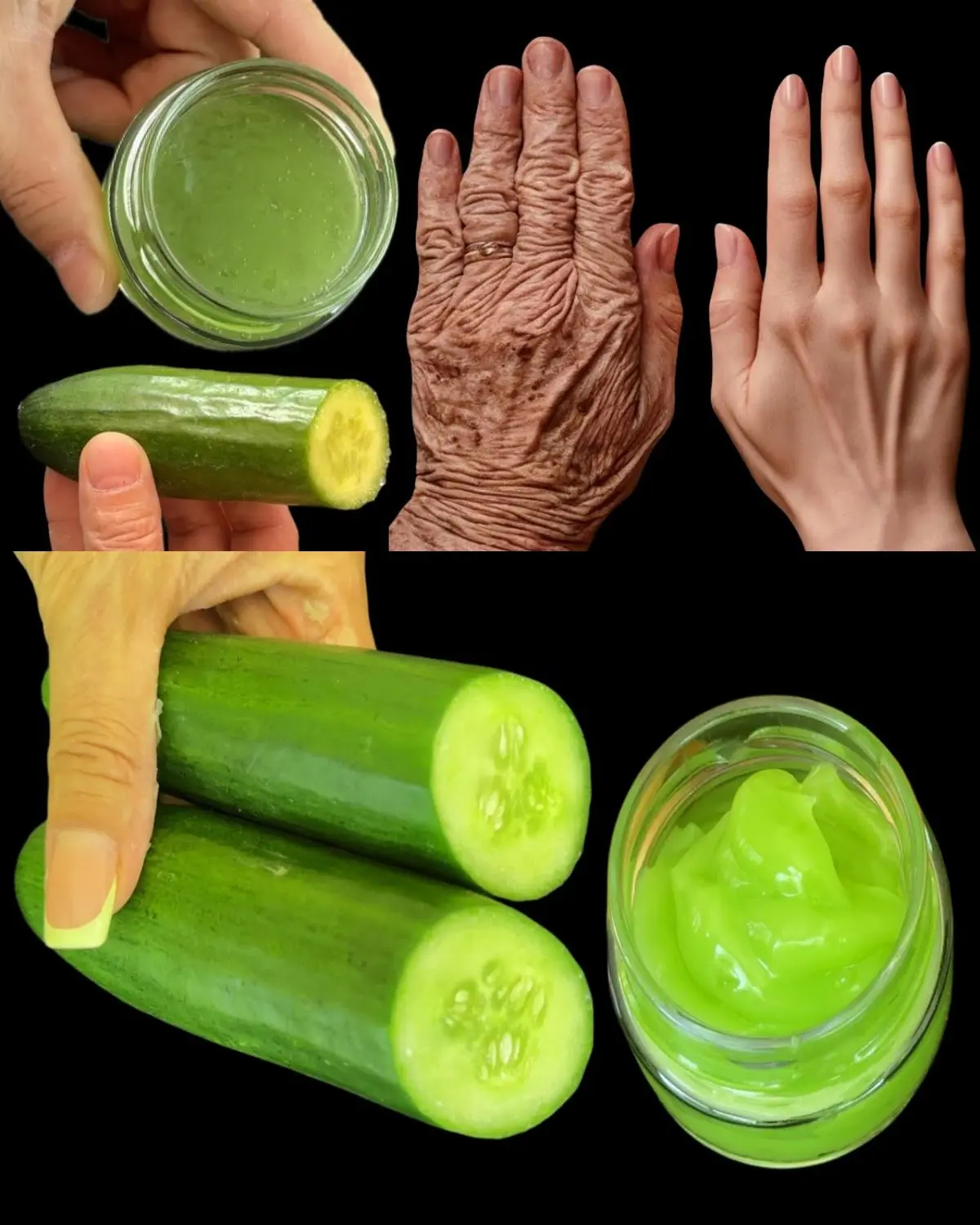
Oxford Scientists Create “Superfood” to Save Honeybees From Collapse
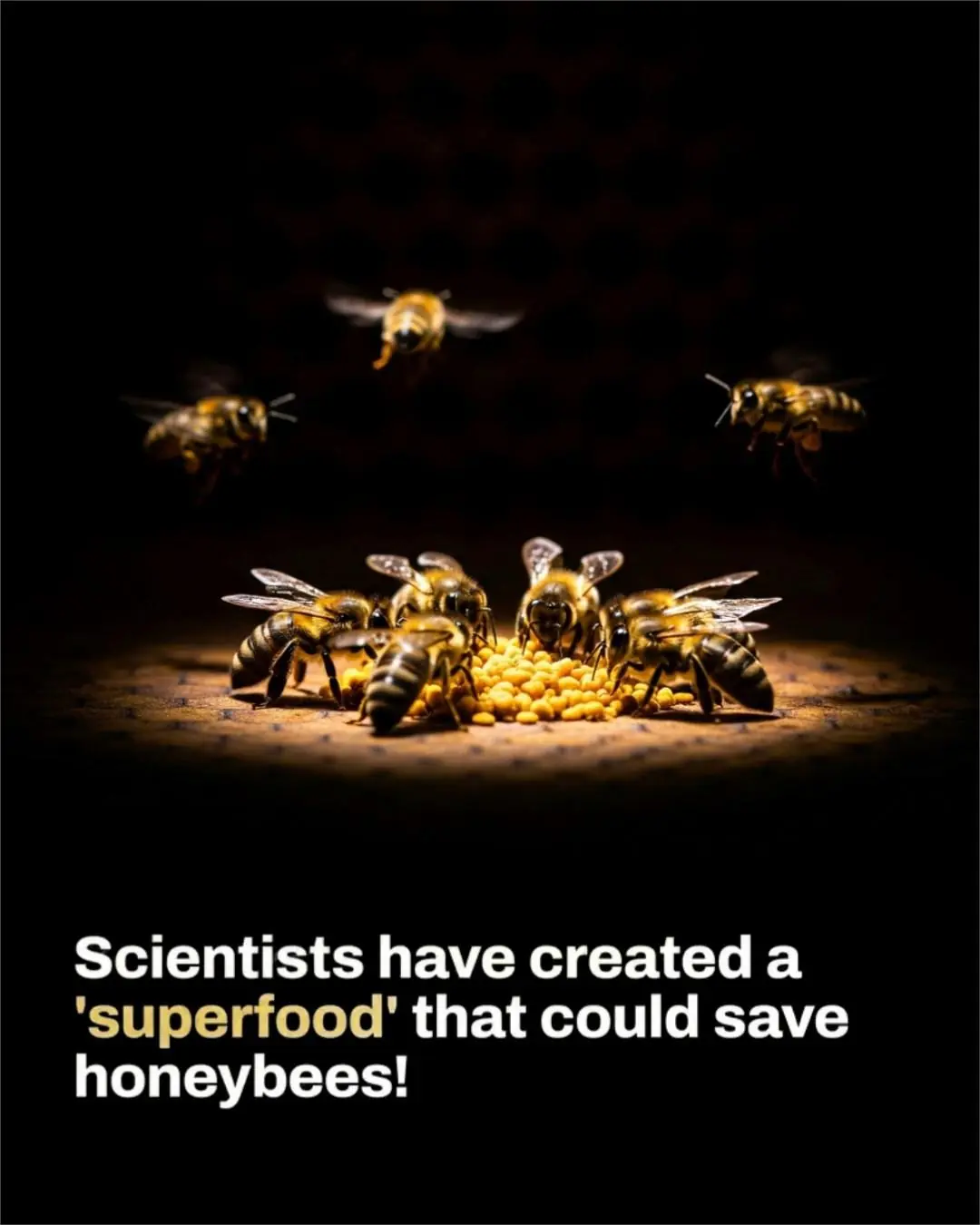
Oxford University researchers have developed a groundbreaking lab-made “superfood” that could transform honeybee survival rates, boosting their chances of thriving by up to 15 times. The breakthrough, published in Nature (August 2025), offers fresh hope in the battle to rescue one of Earth’s most crucial pollinators.
Why Honeybees Are in Crisis
Honeybees are the backbone of global agriculture. They are responsible for pollinating more than 70% of crop species, from fruits and vegetables to nuts and seeds. Without them, global food security would face a devastating collapse.
Yet over the past few decades, bee populations have plummeted. Climate change, pesticide exposure, habitat destruction, and malnutrition have combined to threaten colonies worldwide.
Nutrition, in particular, is a critical but underappreciated factor. Bees depend on pollen as their primary source of sterols—lipid compounds that are essential for cell growth, hormone production, and survival. However, in many regions, flower diversity and abundance are declining. Conventional pollen substitutes fed to managed colonies often lack sterols, leaving bees with diets that are incomplete and insufficient.
The Oxford Breakthrough
In an unprecedented achievement, scientists at Oxford have designed a precision-engineered supplement that provides bees with a full suite of six essential sterols:
-
24-methylenecholesterol
-
Campesterol
-
Isofucosterol
-
β-sitosterol
-
Cholesterol
-
Desmosterol
These compounds were created using CRISPR-edited yeast (Yarrowia lipolytica), enabling large-scale production of sterols that were previously almost impossible to synthesize in practical quantities.
Professor Geraldine Wright of Oxford’s Department of Biology explained:
“Our study demonstrates how synthetic biology can tackle real-world ecological challenges. Natural sterols are almost impossible to produce in usable quantities—until now.”
The Results: Up to 15× More Survival
Laboratory trials yielded remarkable outcomes. Colonies fed the engineered “superfood” supplement showed:
-
Fifteen times higher survival rates of larvae reaching the pupal stage.
-
Extended brood production for three months, compared with untreated colonies that stopped reproduction by day 90.
-
Sterol profiles in treated bees that closely mirrored those of naturally foraging bees, proving the supplement successfully replicates nature’s benefits.
Lead author Dr. Elynor Moore of Delft University of Technology emphasized the impact:
“This is like giving bees a balanced diet at the molecular level. For the first time, we can make a nutritionally complete food just for them.”
Why This Matters
The potential ripple effects are profound:
-
Food Security – With stronger, healthier colonies, global crop pollination could stabilize, safeguarding food supplies.
-
Environmental Relief – Supplemented managed bees may reduce competition for wildflower pollen, giving wild pollinators breathing space.
-
Sustainable Innovation – The approach could eventually extend to other beneficial insects, supporting biodiversity more broadly.
Danielle Downey, Executive Director of Project Apis m., a U.S. nonprofit dedicated to bee health, called the development “a game-changer”:
“A more complete diet supplement could be transformative for colony survival, especially during food-scarce summers.”
What Comes Next
Researchers have already launched larger outdoor trials to test the supplement’s performance under real-world conditions. If the promising results are confirmed, the bee superfood could be commercially available to beekeepers within two years.
For a species at the heart of global ecosystems and agriculture, this innovation could represent a turning point. By offering bees the nutrients they desperately need, science may have found a way to tip the balance back in their favor—helping ensure that the hum of honeybees continues to sustain life around the world.
News in the same category


“Nobody noticed”: 9-year-old lived alone for 2 years, fed himself, and kept good grade

Bear Caesar is finally free after having spent years locked in a torture vest
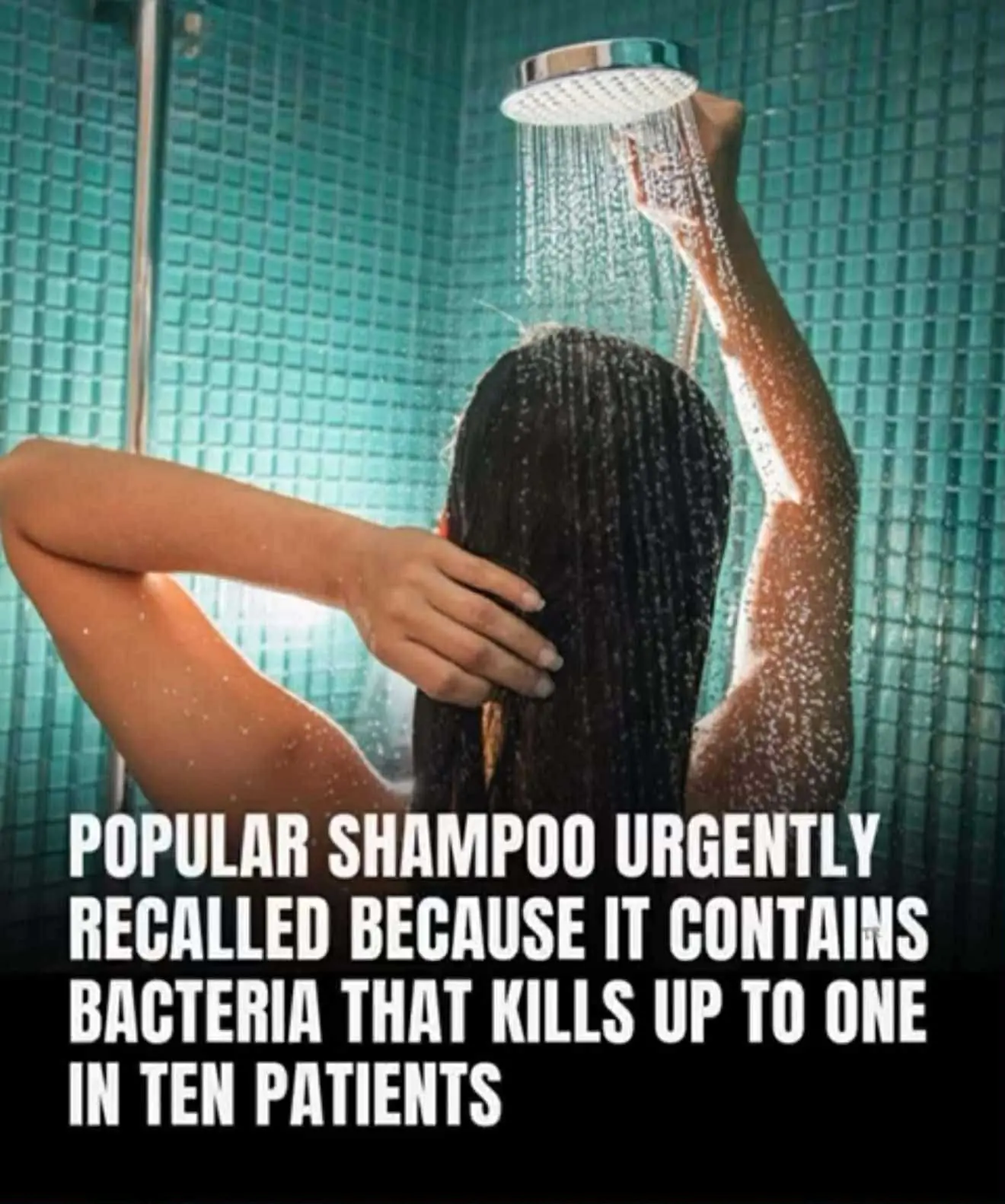
Popular shampoo recalled over deadly bacteria risk

9-year-old dies after dental procedure

How Learning Music Shapes Young Minds

Bedtime Stories: A Simple Ritual With Lifelong Benefits

Chrysalis: Humanity’s 36-Mile-Long Generation Ship Concept to Reach Proxima Centauri

Cryonic preservation: 50 years later

A Dog’s Unfinished Dream of Happiness Finally Comes True

From Abandoned to Adored: Amber the Puppy’s Journey to Hope and a Fresh Start!

From Stray on the Streets to Shining Star: Sam’s Inspiring Recovery Journey
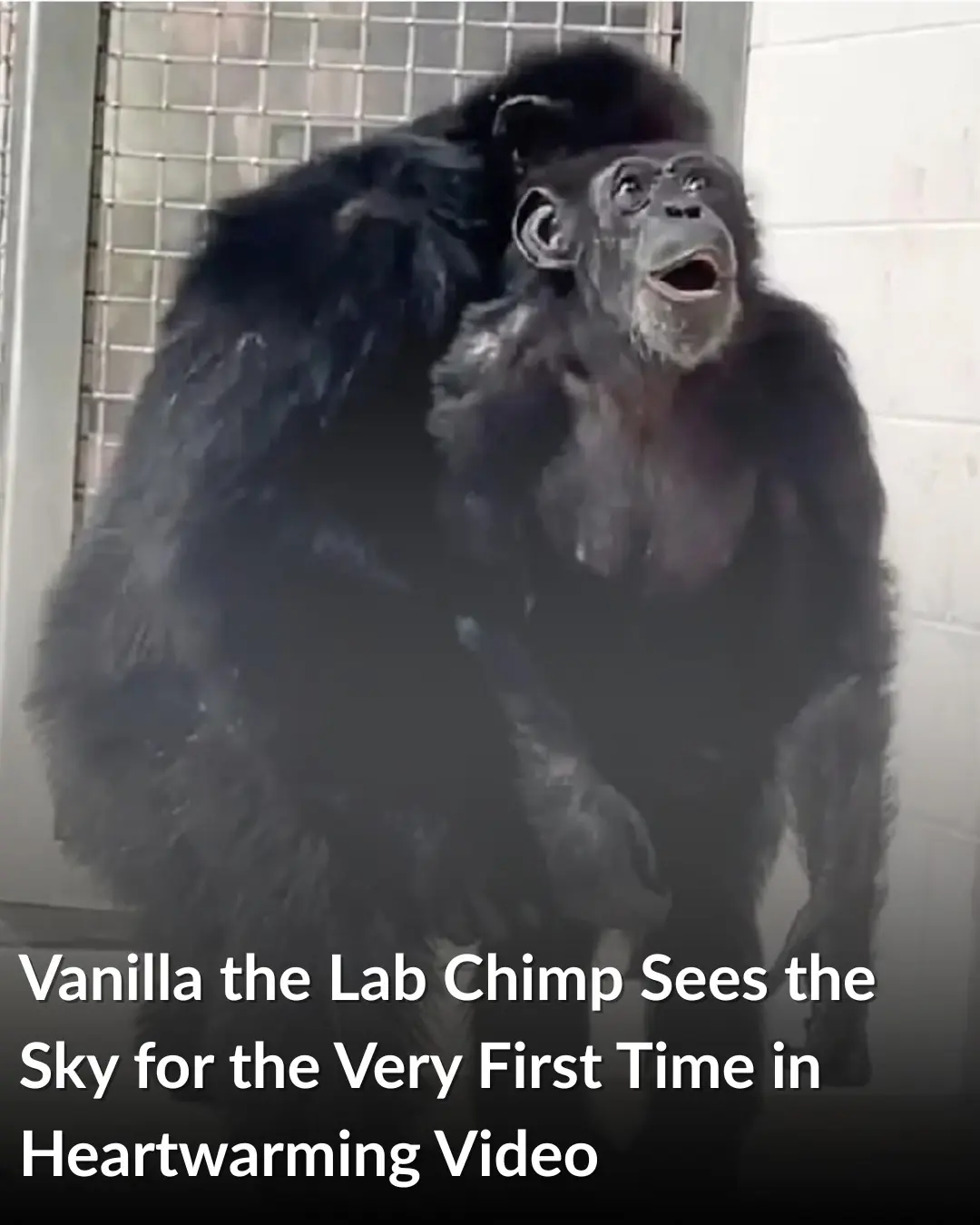
Chimpanzee has the sweetest reaction after seeing the sky for the first time after life of captivity

Researchers Explore Potential Dementia Risk Linked to Gabapentin

Shelter Dog Extends Paw Through Kennel Bars, Longing for Love and a Home

From Despair to Mobility: Rescued Husky Vova Triumphs Against Adversity with New Wheels

Wife Diagnosed with Terminal Cancer Due to Her Husband’s Habit
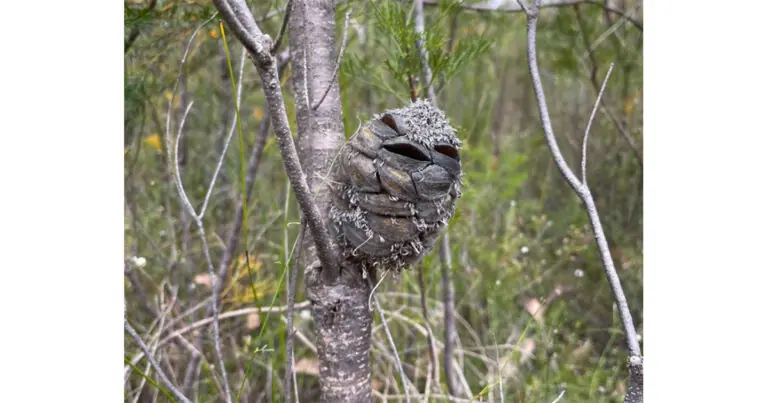
She Thought She Saw A Happy Bird In The Woods, Then Suddenly Realizes Her Mistake

Doctor discusses the dangers of kissing someone who passed away and the health risks it can create
News Post

Study Finds Fathers’ Involvement Key to Boosting Children’s Academic Success

“Nobody noticed”: 9-year-old lived alone for 2 years, fed himself, and kept good grade

Bear Caesar is finally free after having spent years locked in a torture vest

💜 Ube Oreo Cheesecake

🍒 Chocolate Cherry Cheesecake
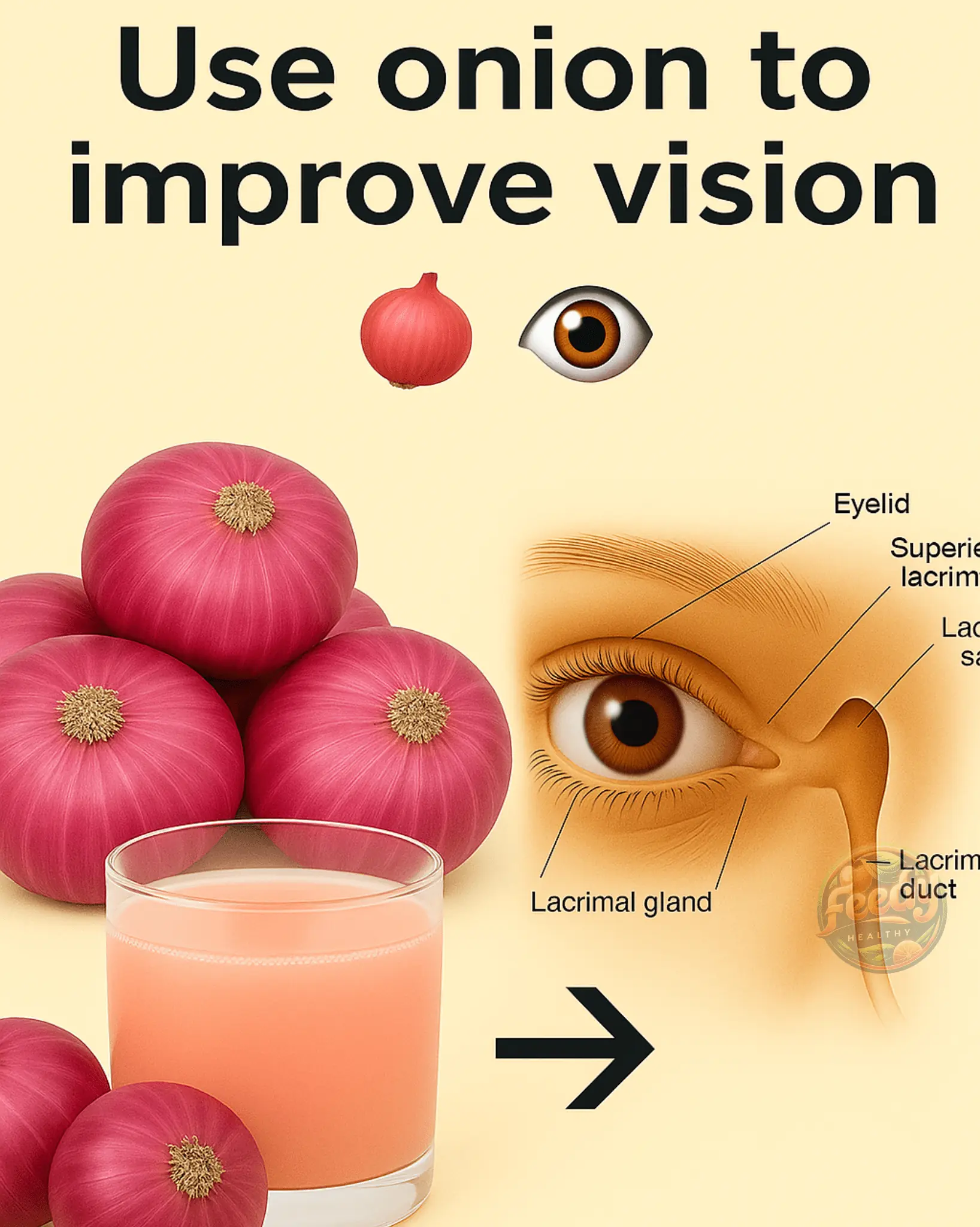
Can Onions Really Boost Your Vision?
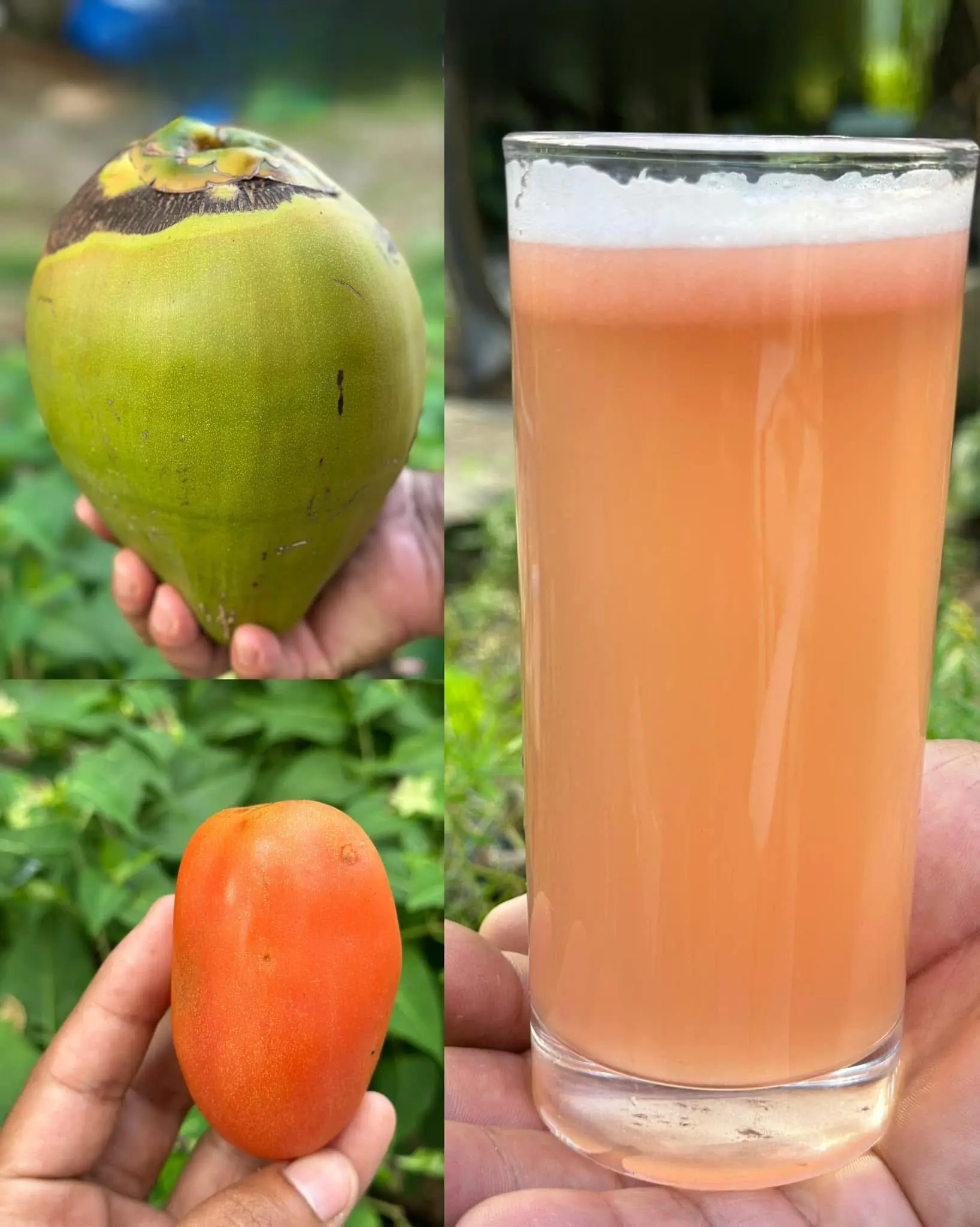
Natural Remedy for Kidney and Prostate Health
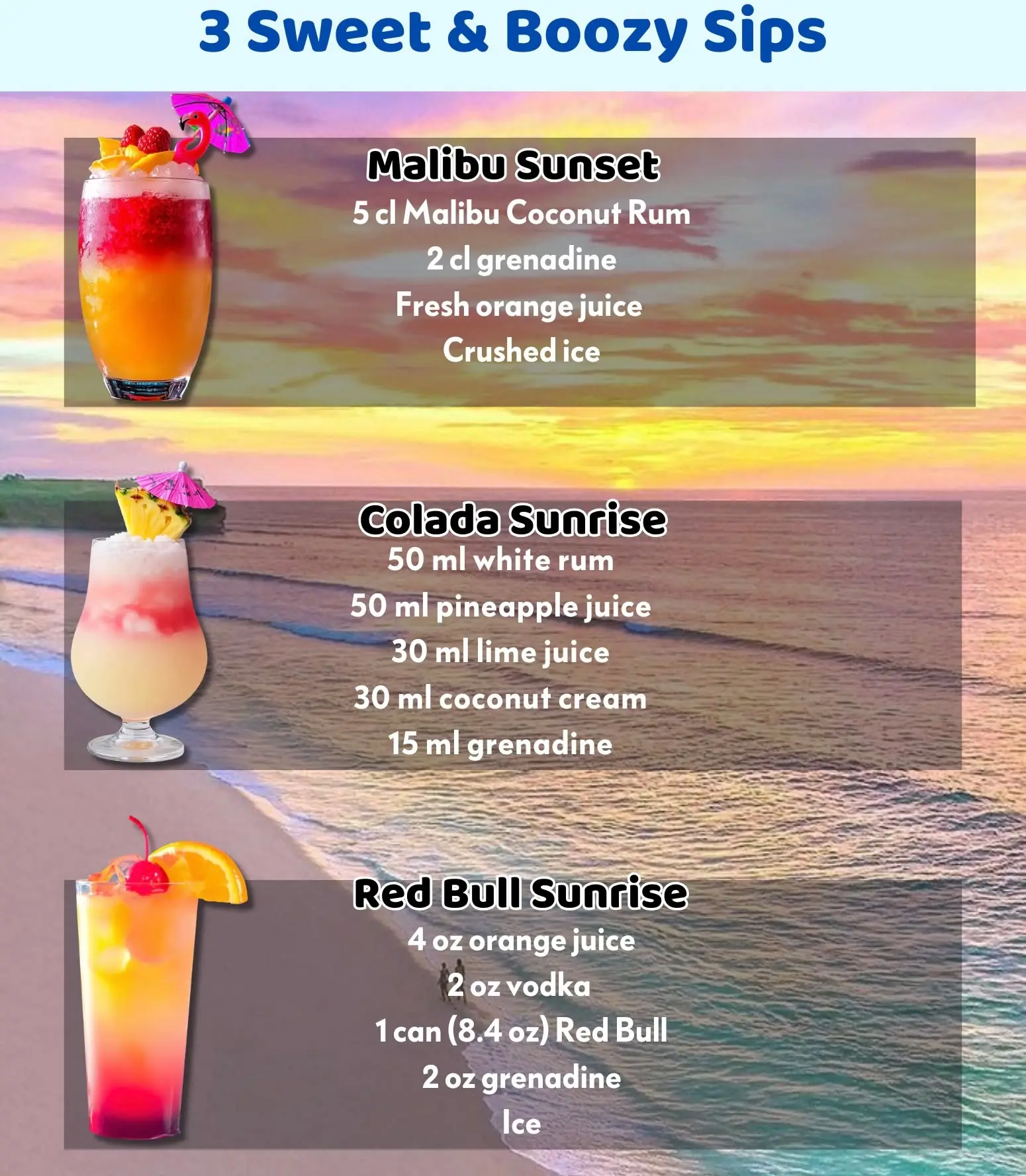
Tropical Sunrise Cocktails: Three Recipes to Brighten Your Evenings
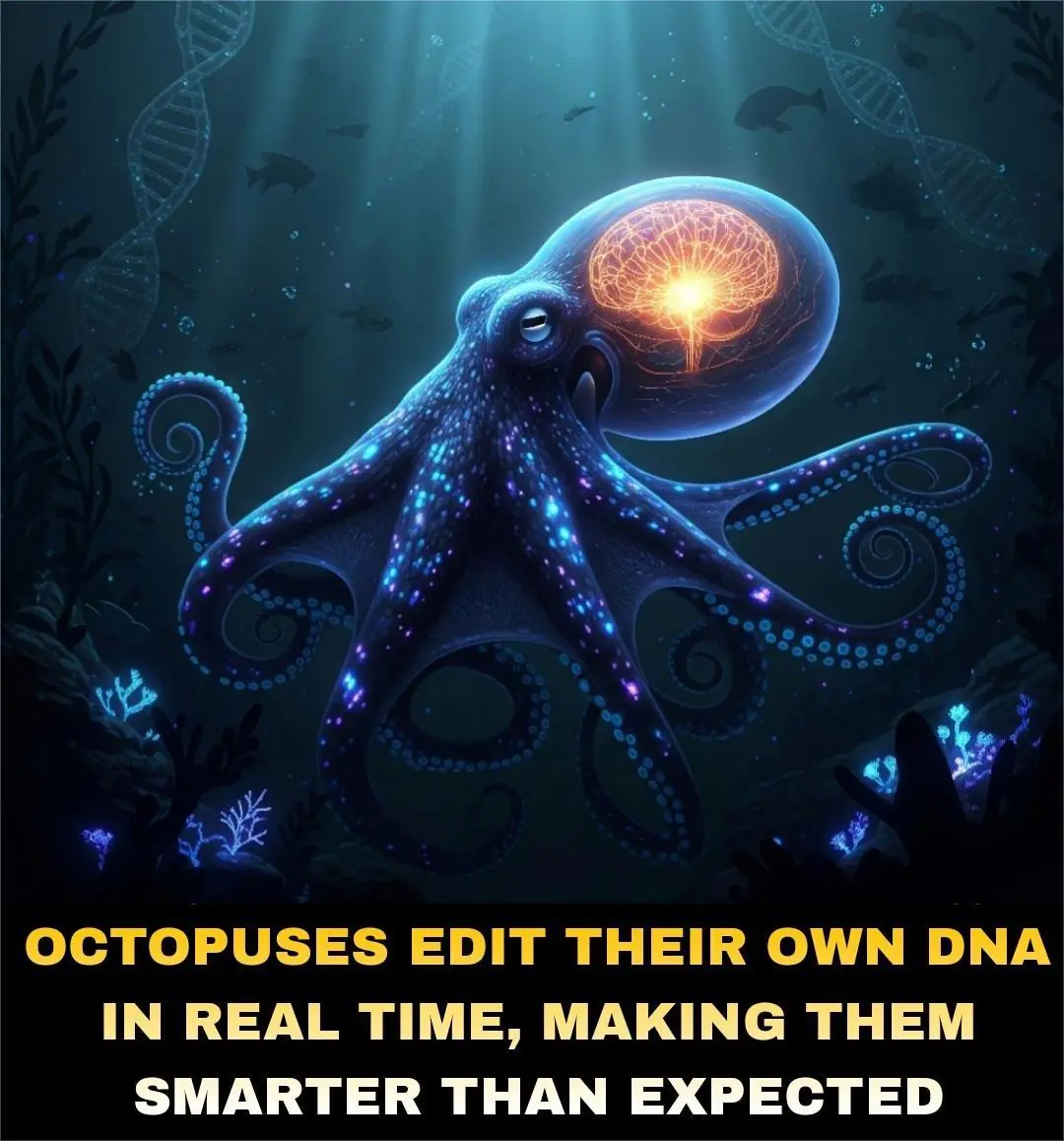
Octopuses Can Rewrite Their Own Brains: Nature’s Ultimate Hackers
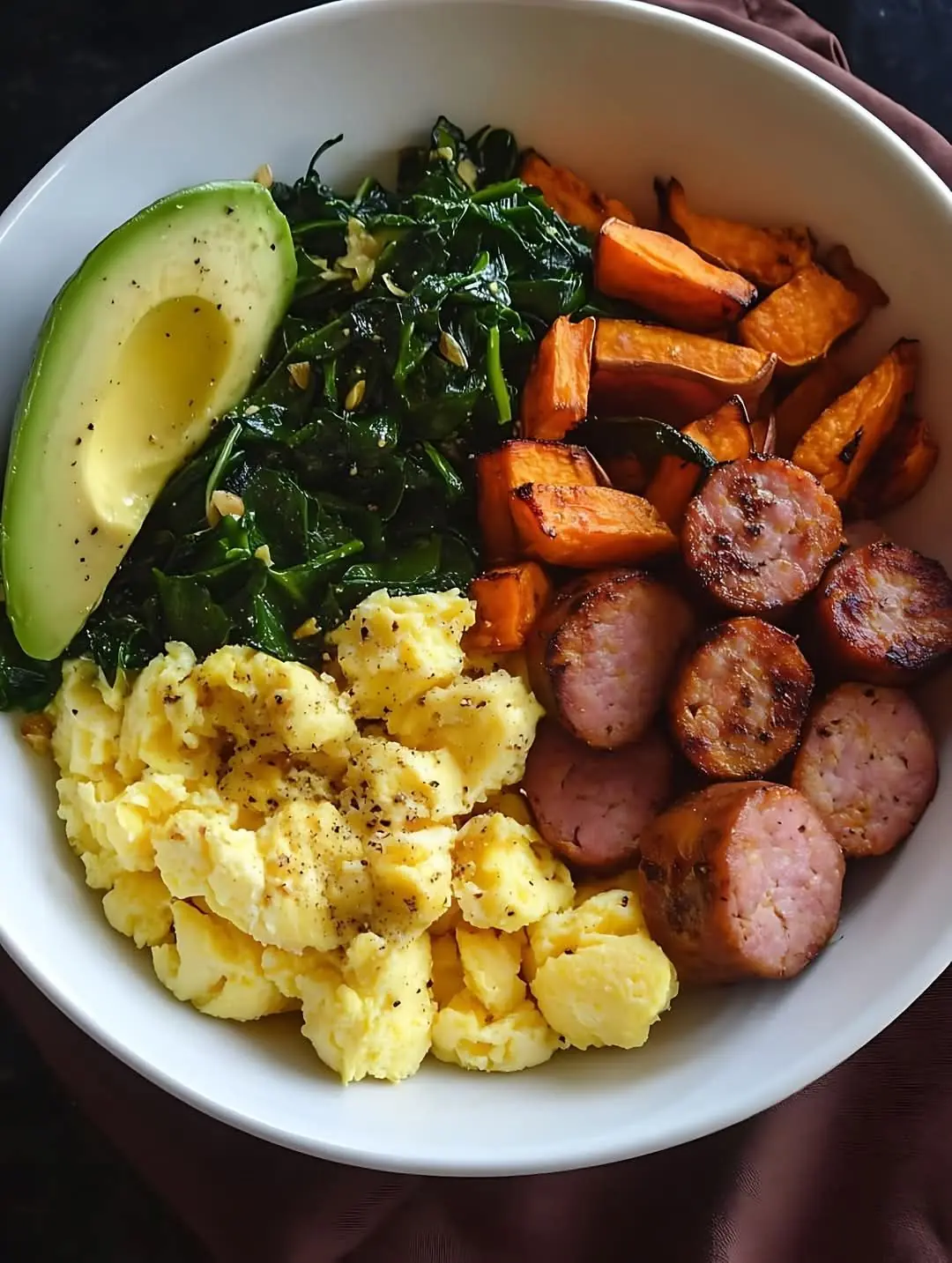
Protein-Packed Breakfast Bowl 🍠
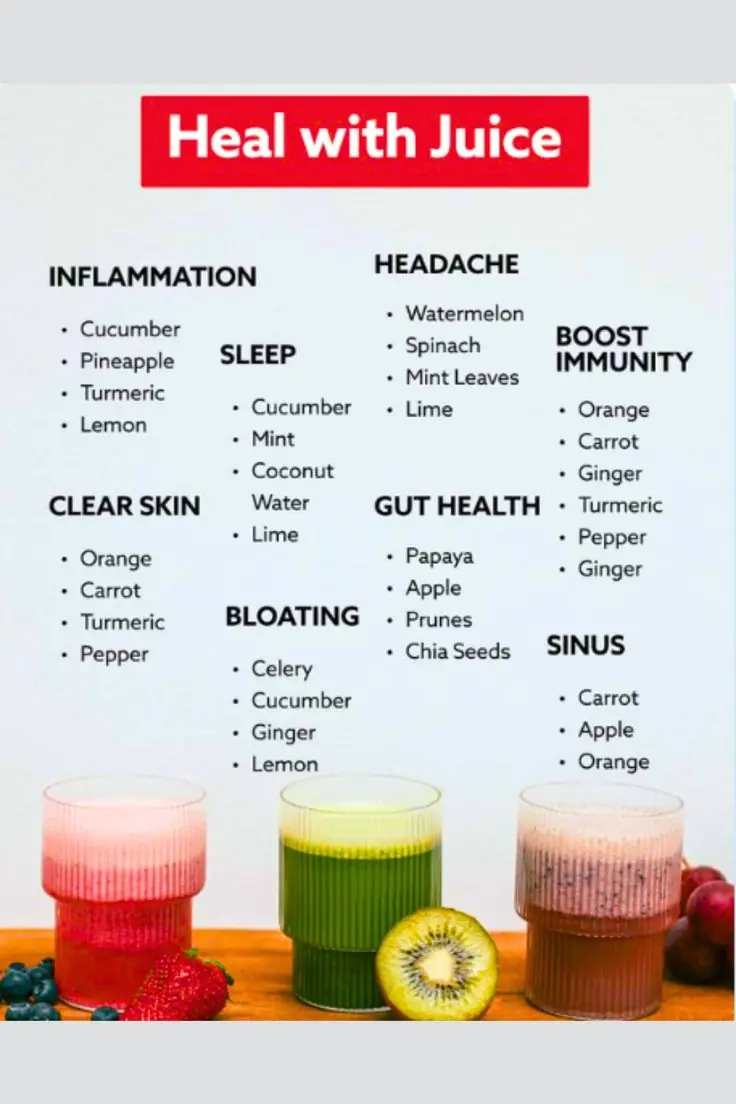
Heal with Juice: Natural Remedies for Everyday Health
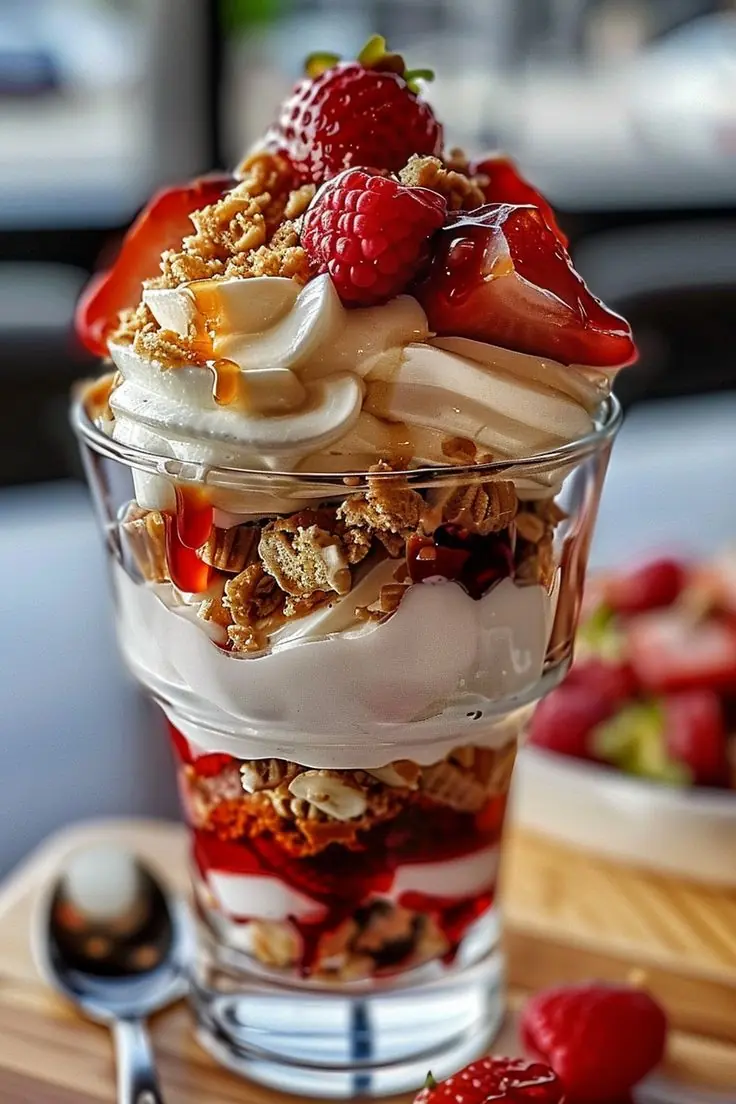
🍓 Berry Yogurt Parfait with Granola

🍫 Decadent Chocolate Lava Mug Cake

ANNA JUST TOOK HER FIRST ORDER—AND SHE’S NOT STOPPING THERE

My Great-Uncle Turned 120 But No One Can Find A Single Record Of His Birth
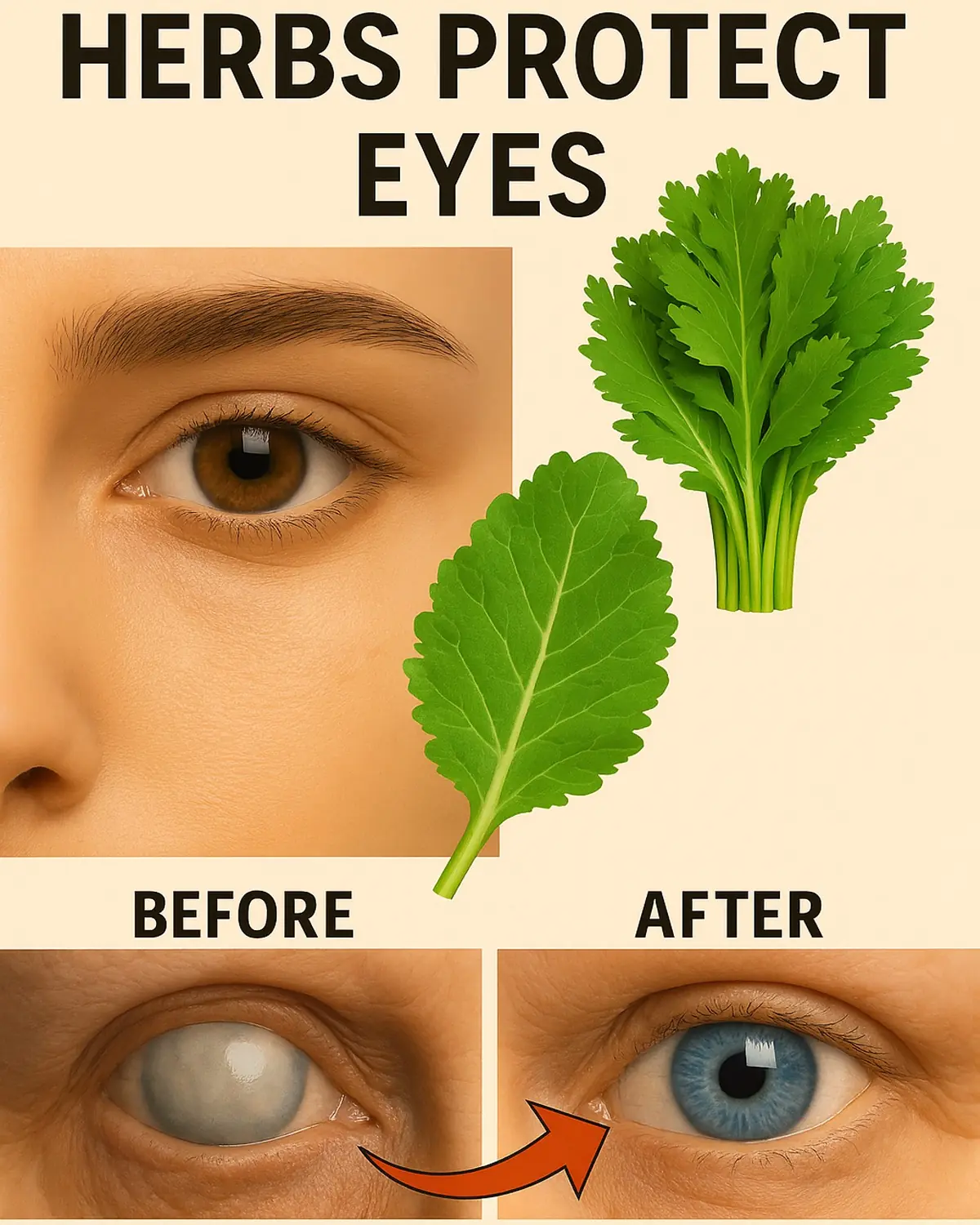
See the Difference: 5 Natural Leaves That Promote Eye Health
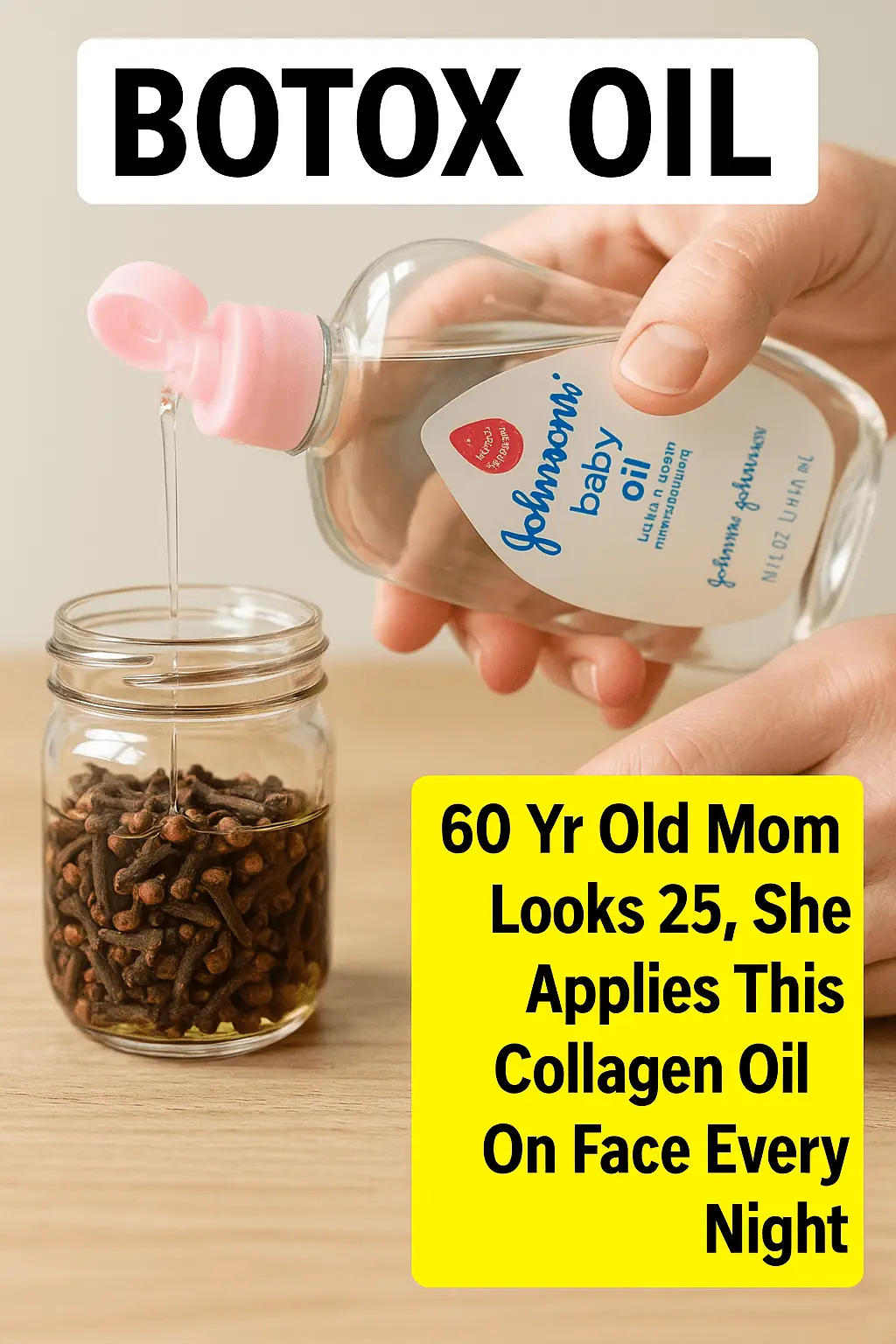
Clove Baby Oil – Natural Botox Oil For Wrinkle-Free Skin
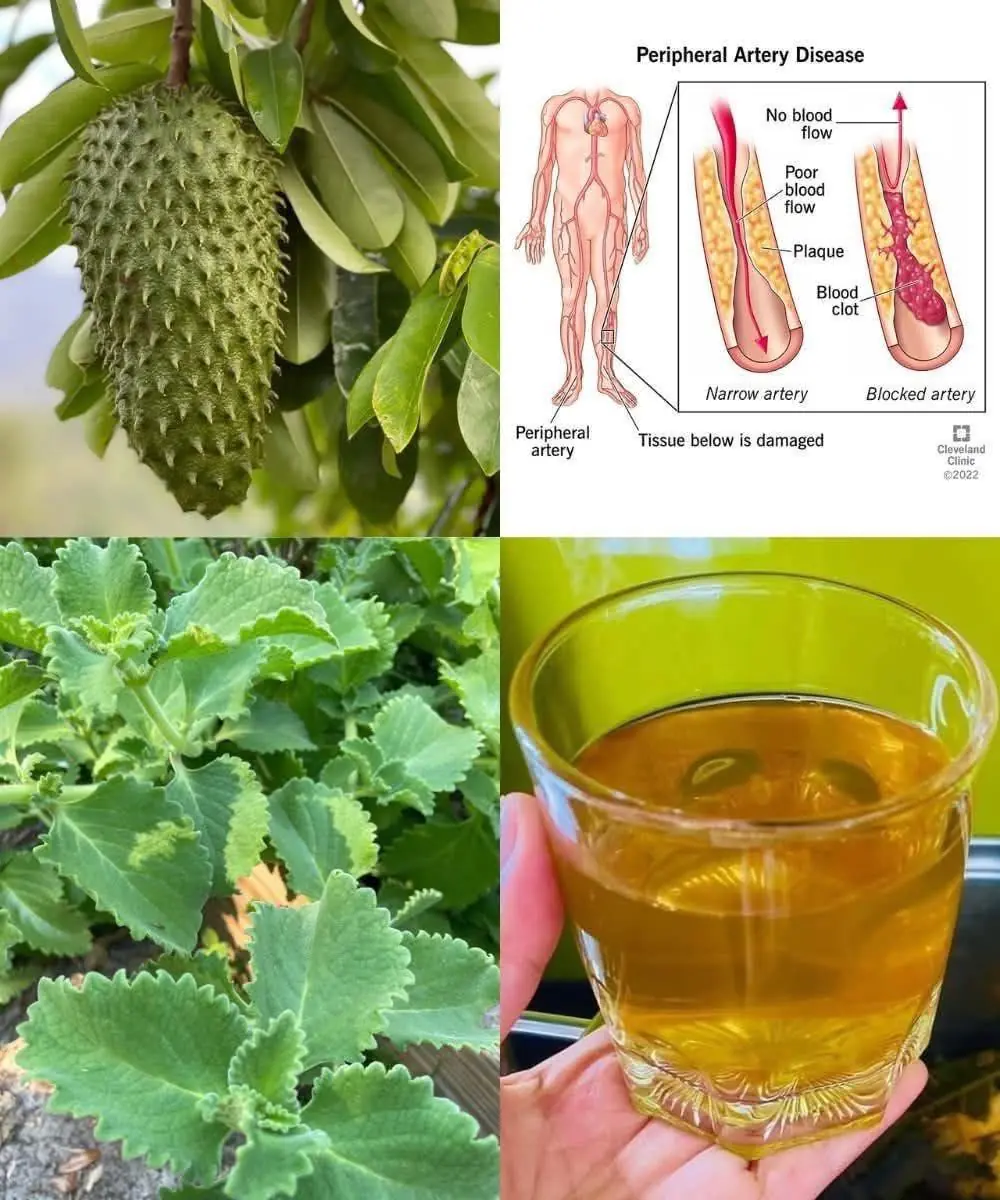
Soursop and Broadleaf Oregano Tea 😱😱..see more
